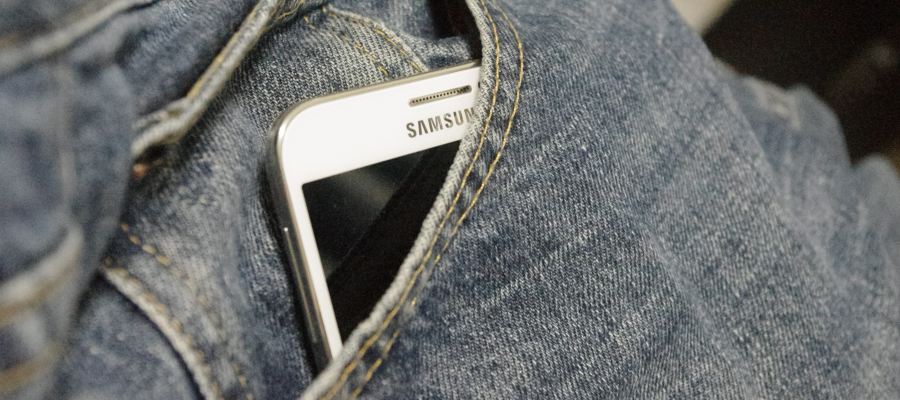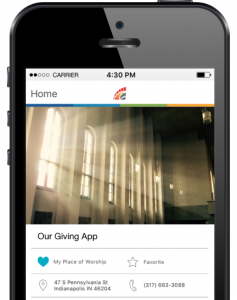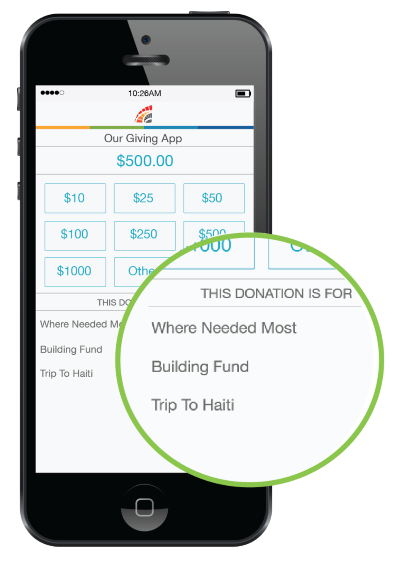Is Your Church Giving Creating Barriers for Millennials?
When millennials get involved — in charity, volunteer organizations, the workplace, or church — they go all-in. A survey from Big Duck concluded that individuals aged 18 to 34 demonstrated high levels of awareness about organizations they were interested in, and that awareness often translates to taking action and giving back.
Traditional church giving, however, doesn’t always support millennials. It can even create obstacles that reduce giving and keep younger adults from engaging fully in the congregation, outreach, and mission of the church.
The Big Problem: What Millennials Don’t Carry

Ask millennials in your congregation what they’re carrying in their pockets, backpacks, or purses, and you’ll probably notice a few traditional items missing. Younger adults almost never carry their checkbook — if they have one at all. Outside of a few dollars for parking or vending machines, millennials don’t often carry cash, either.
Giving to church on Sunday morning when the plate is passed requires extra effort for millennials. They have to remember to hit the ATM or bring a check with them to church — tasks that can easily be forgotten in during busy work weeks that no longer follow traditional 9-to-5, weekday scheduling.
Millennials who want to give but forget to plan ahead are left passing the plate without contributing, and possibly feeling guilty because they won’t get the chance to give again for another week.
Bring Down Barriers with a Mobile Giving App
Millennials might not carry checkbooks or cash, but there’s a high probability every young member in your congregation is toting a smartphone. Facebook head of marketing, Michelle Klein, notes that millennials check their phones 157 times a day.
For the past few years, a growing number of church organizations have backed Bible apps as a way to engage younger readers in the Scriptures, and now you can use a mobile giving app to remove obstacles for millennials who want to support a church financially.
These apps, such as Givelify, allow users to make a donation with three quick taps, making giving as natural to millennials as posting on Snapchat, Twitter, or Instagram.
Community and Communication are Key

Millennials are less likely to give in the traditional sense, by dropping money in the plate without knowing where it’s going. Younger adults often want to feel involved so they can fully get behind whatever cause or organization they support. Churches can help remove communication barriers for giving by developing email or social newsletters that inform members about outreach programs and how resources are used.
With a mobile giving app like Givelify, you can also provide more transparency within the app itself. Rather than having your supporters give to a general fund, you can set up specific giving envelopes that give a distinct picture of how the money will be spent. Your members can choose which envelope they want to support the most, and direct their funds accordingly.

Microdonations and the Comfort of Privacy
Millennials sometimes struggle with finances, and giving in large sums is often not a possibility. With a mobile giving app, you provide a way for them to give in small amounts. You also prevent the embarrassment they might feel when putting in only a few dollars as they pass the plate.
By catering to the needs and wants of your millennial members, you remove the barriers that might otherwise keep them from participating in giving. That is the best way to get young people excited about supporting your ministry.



